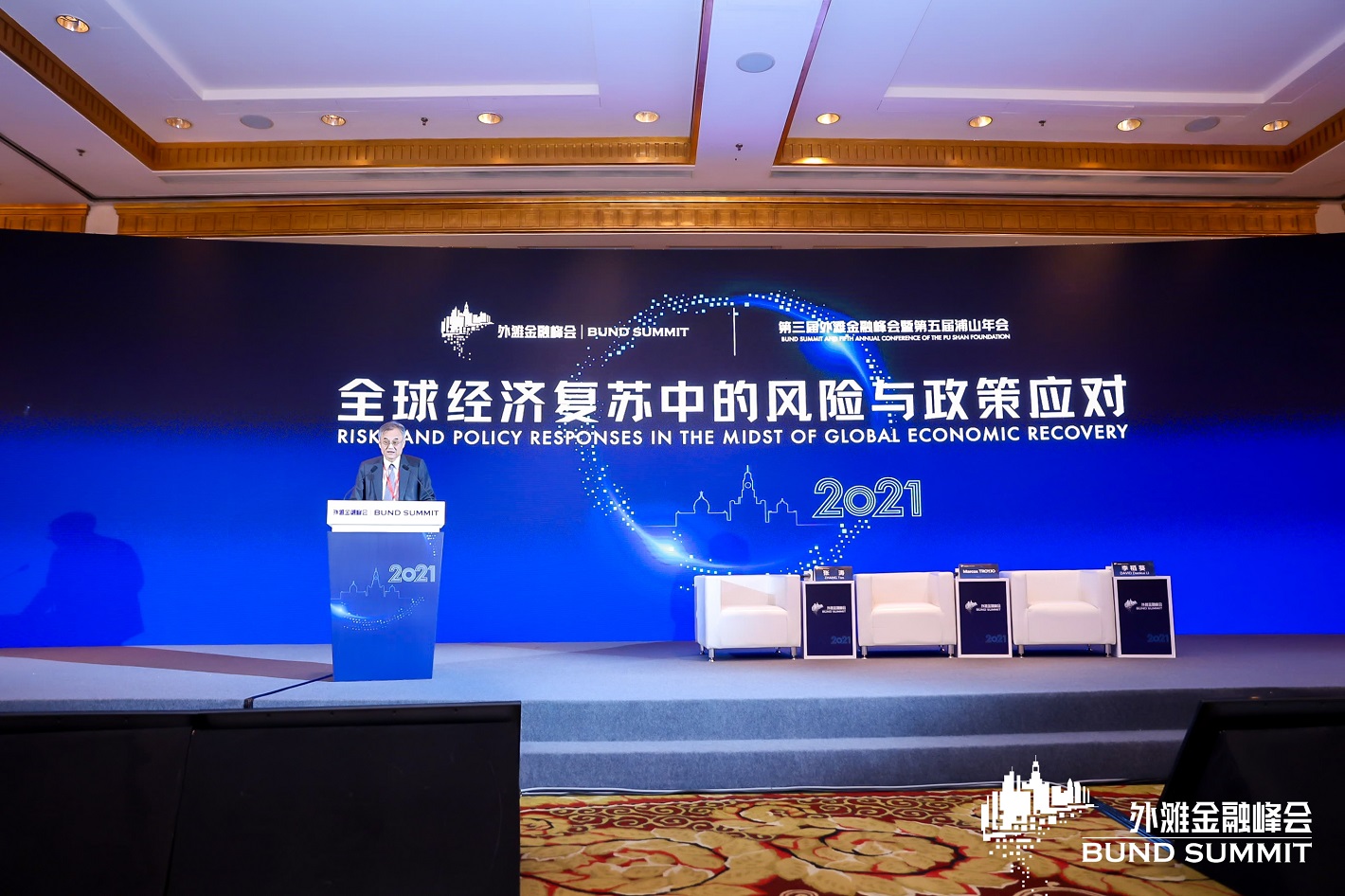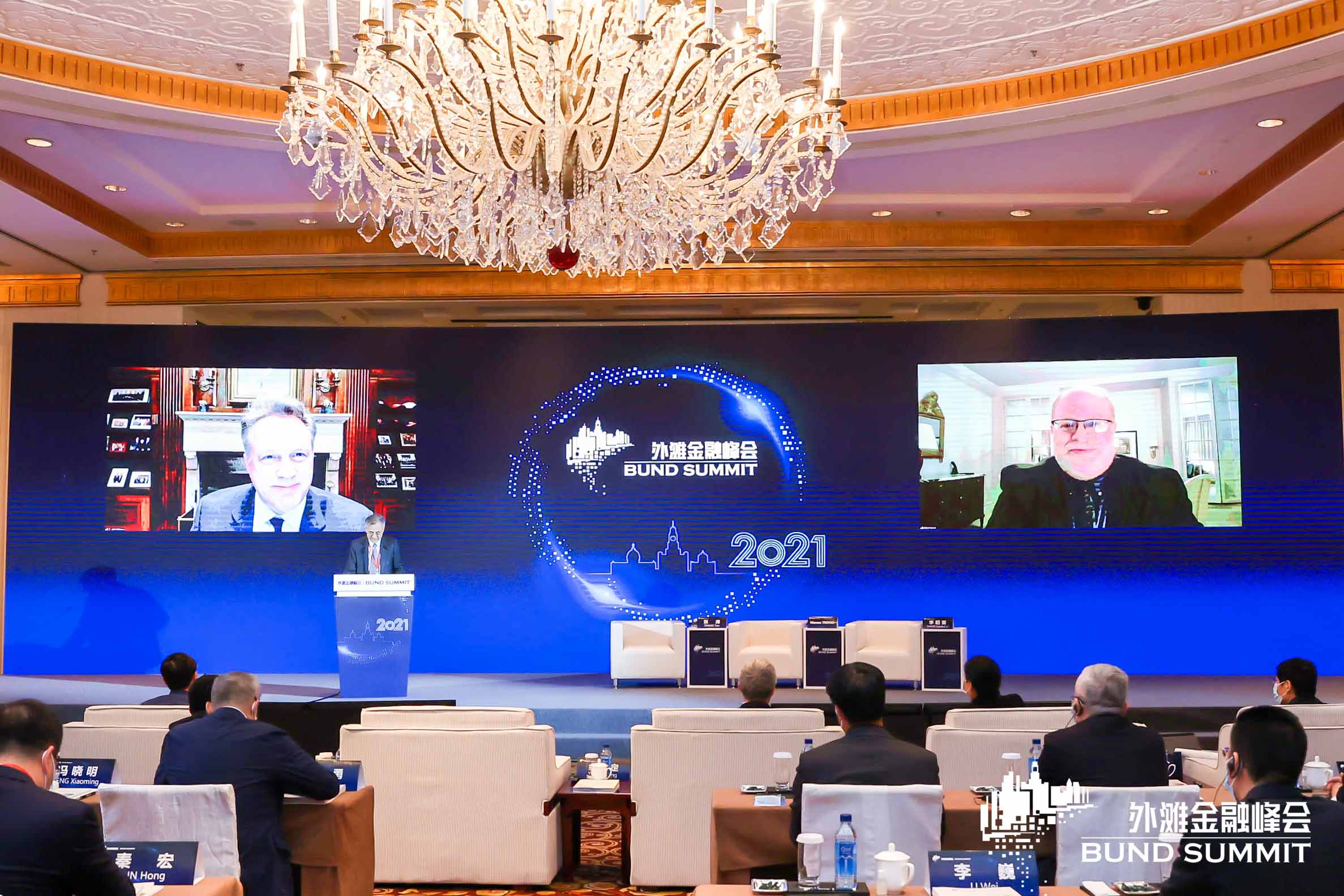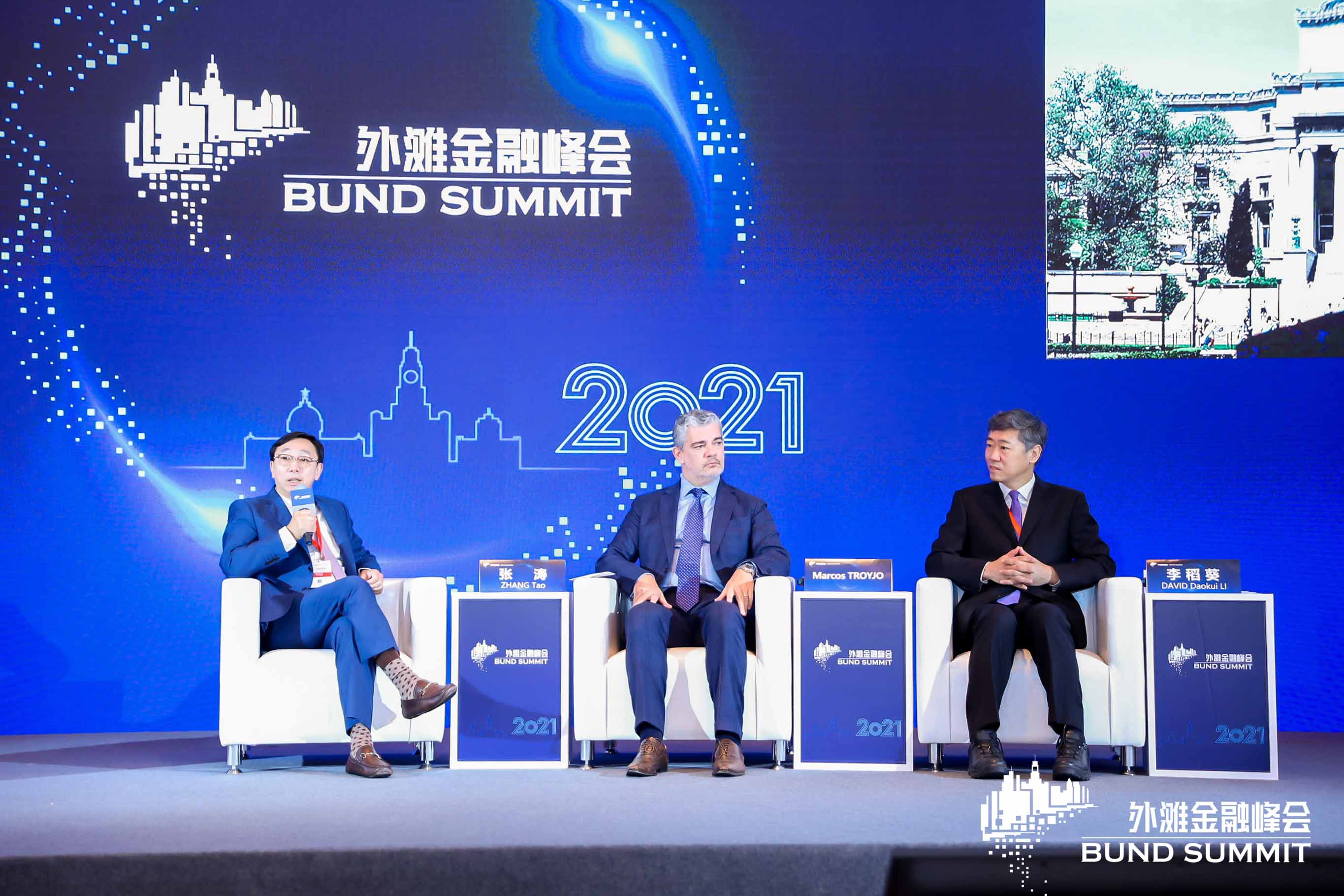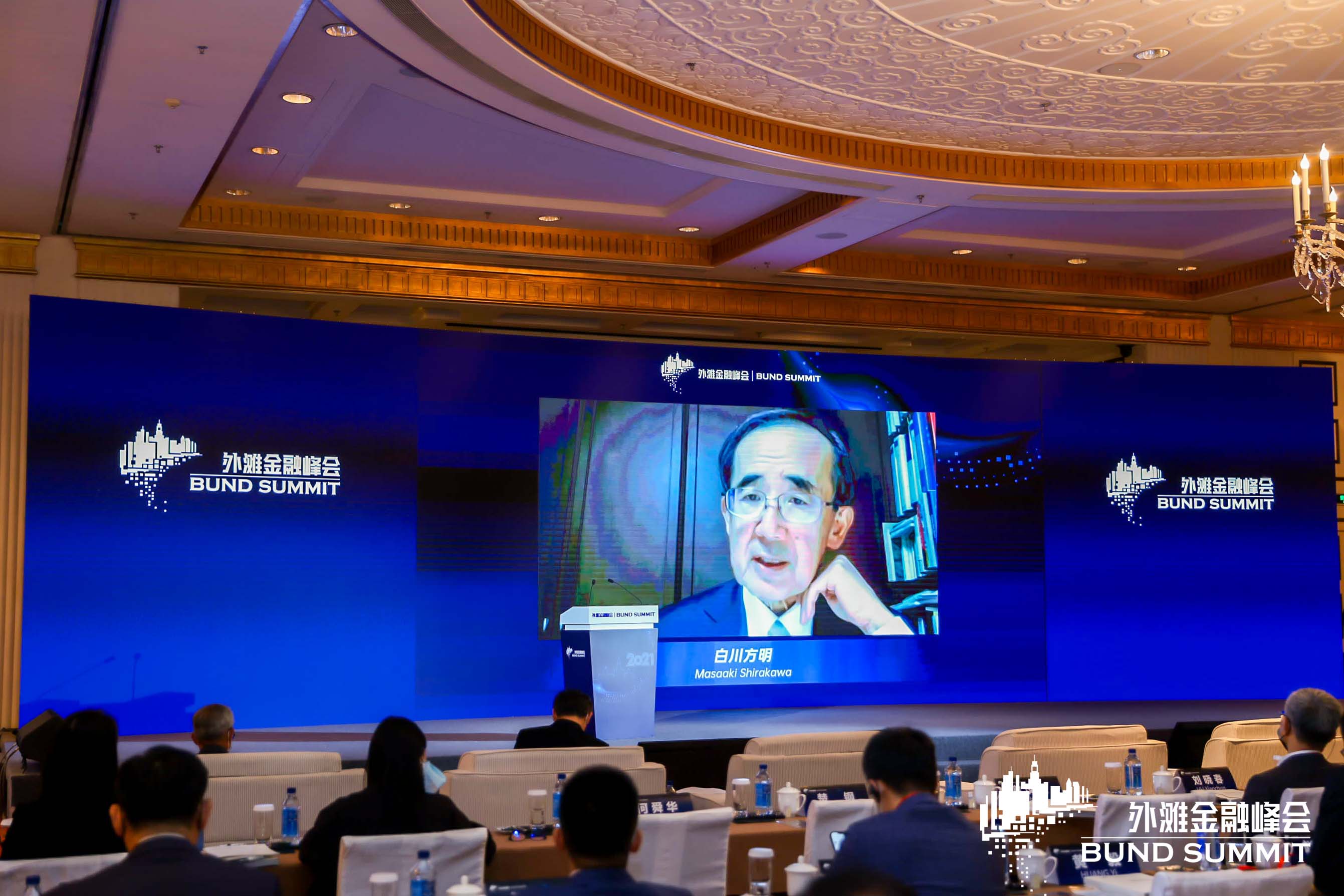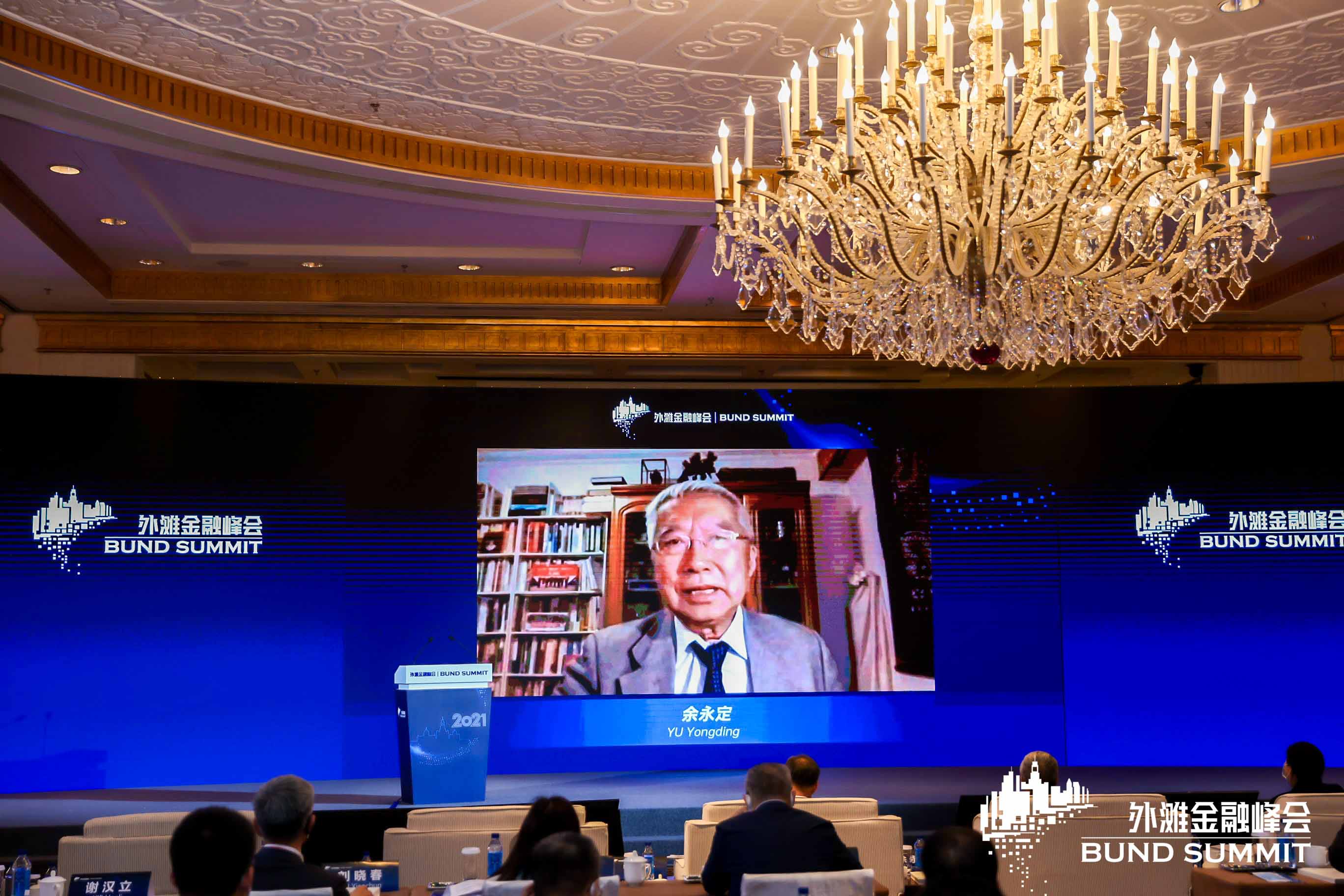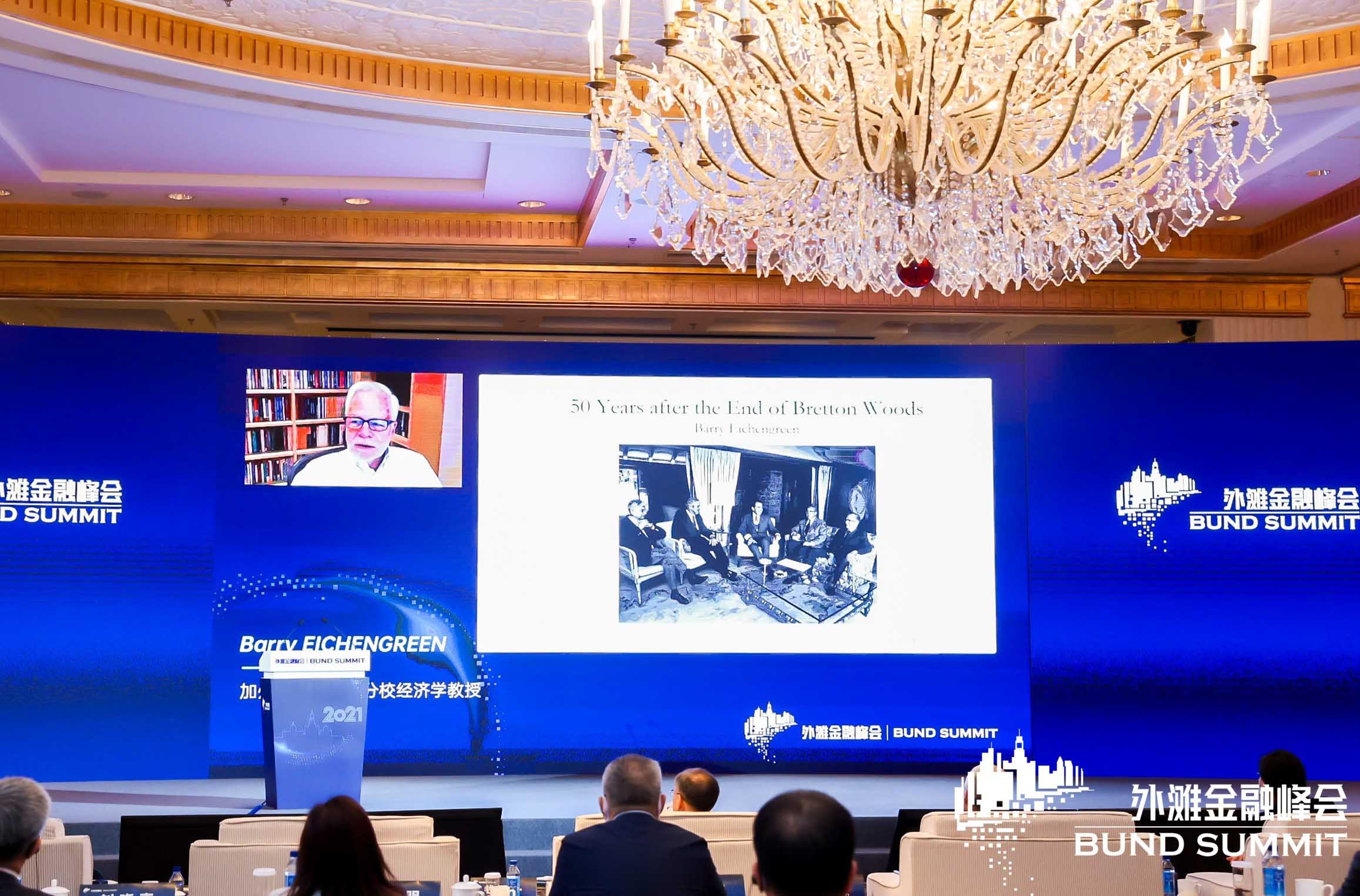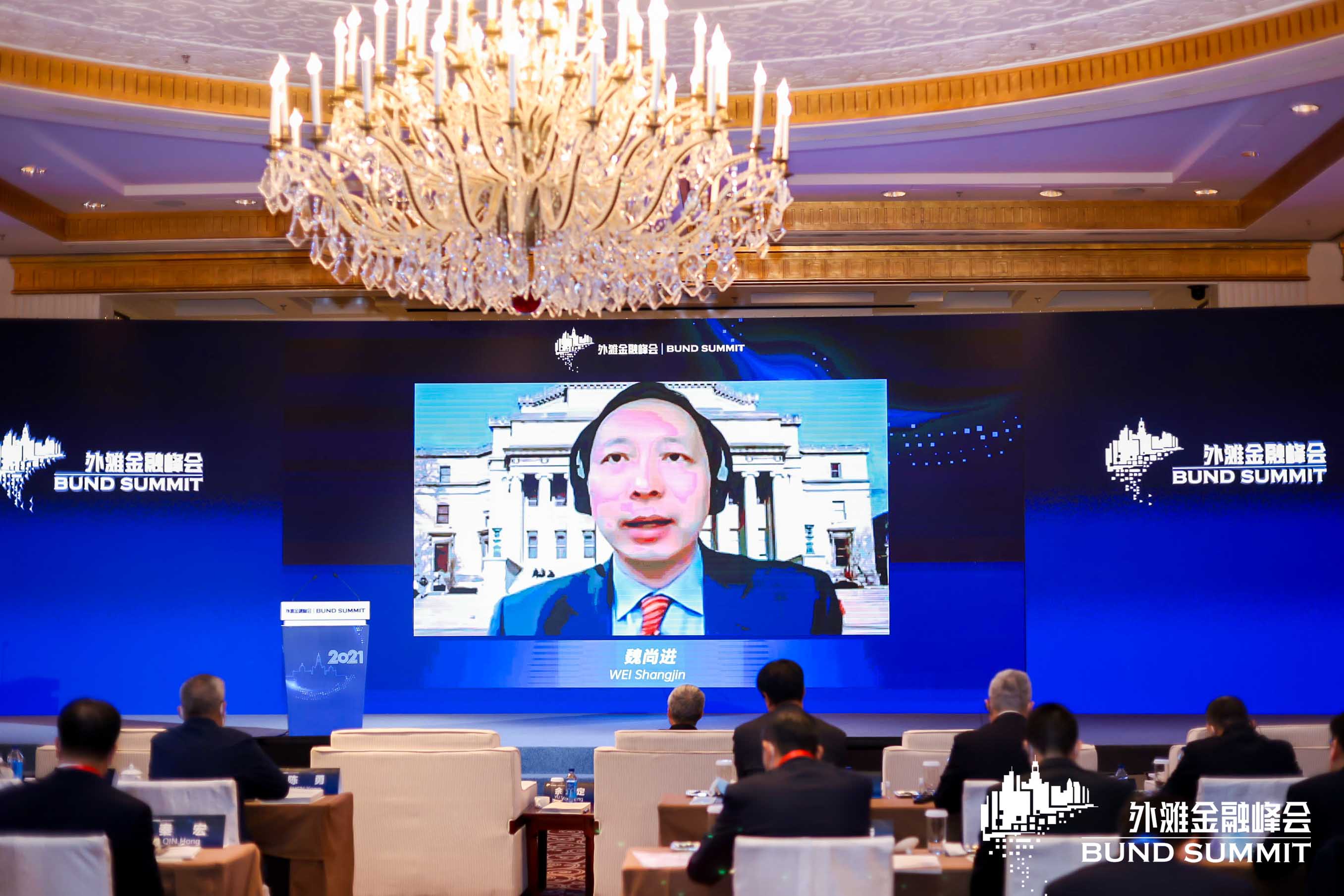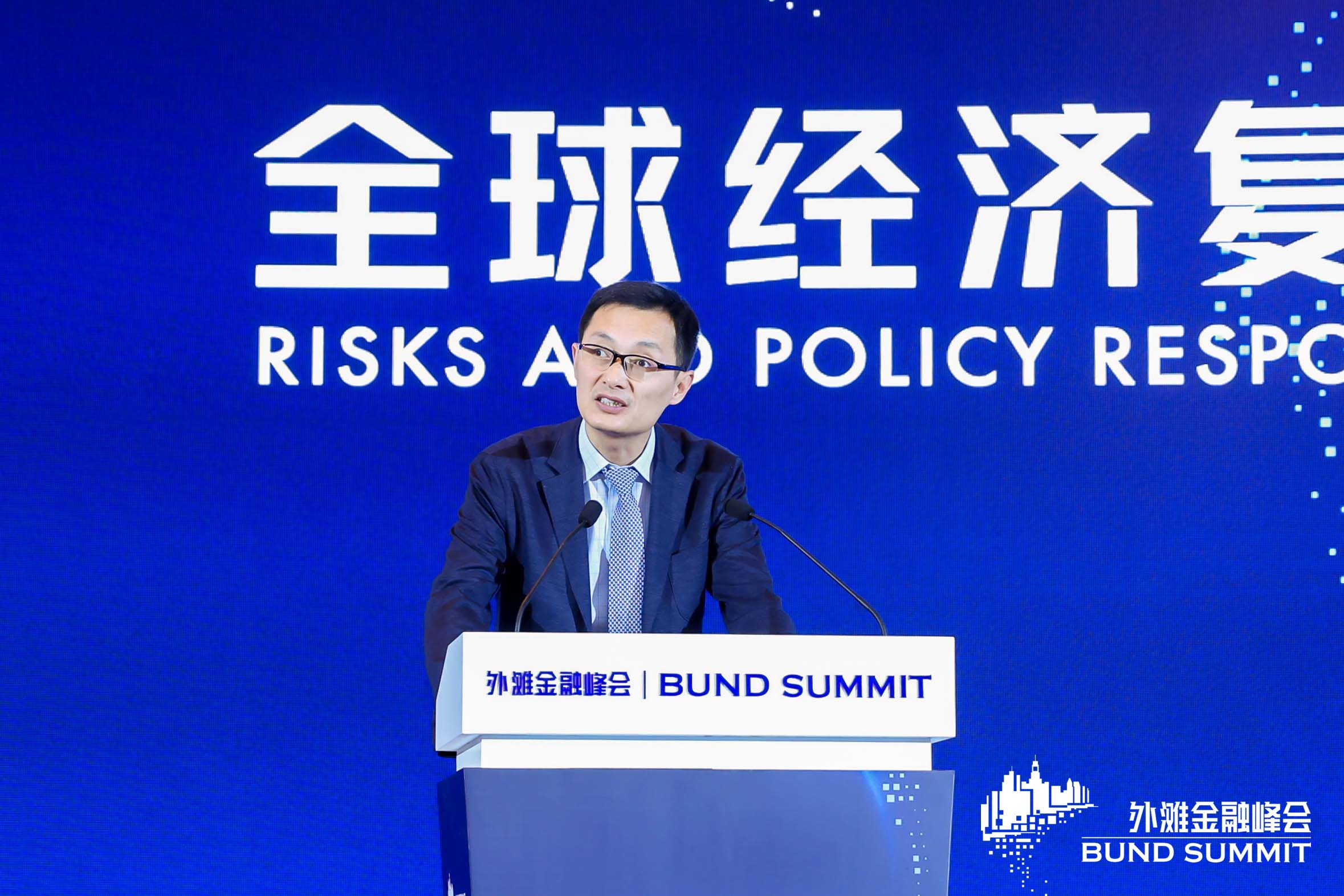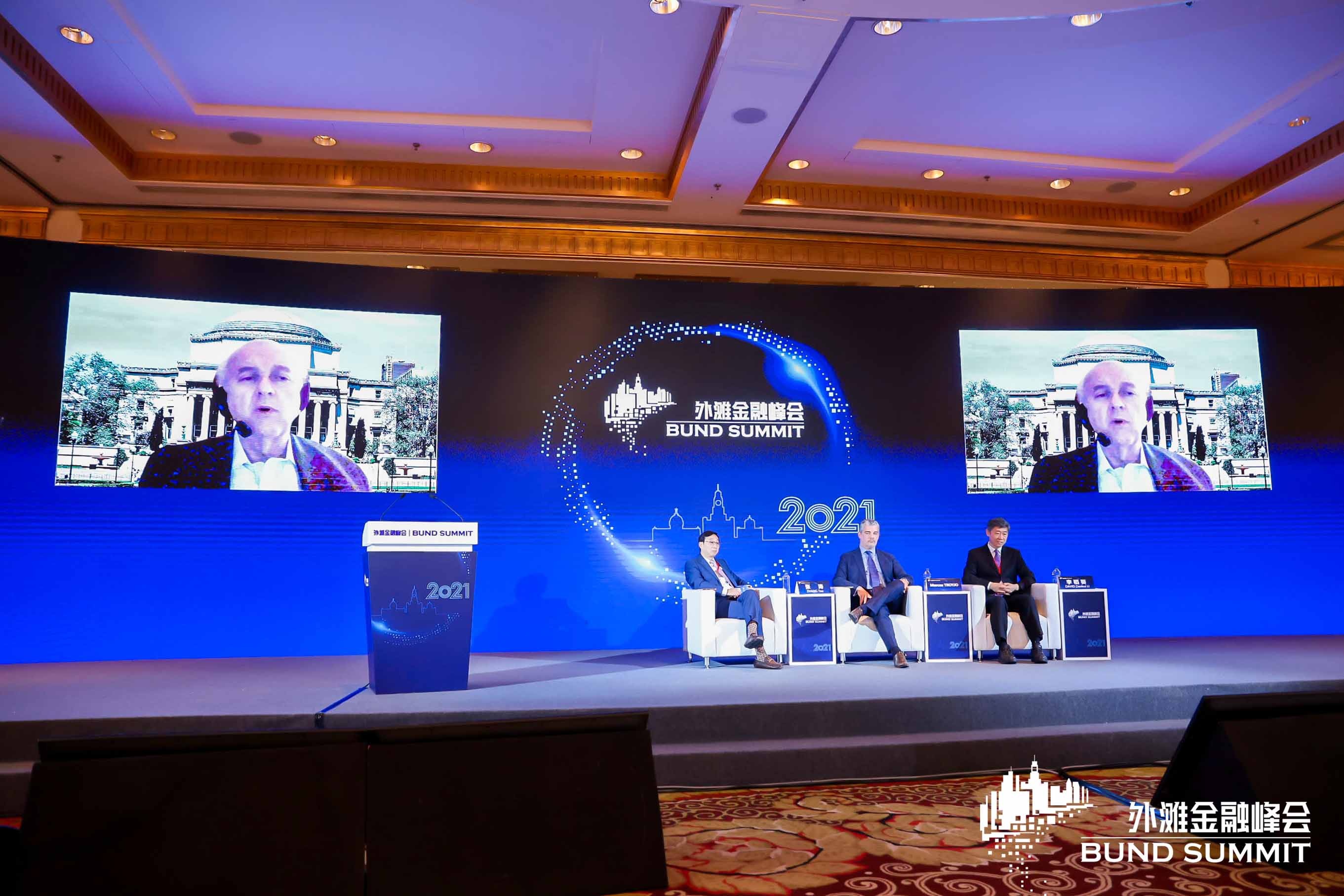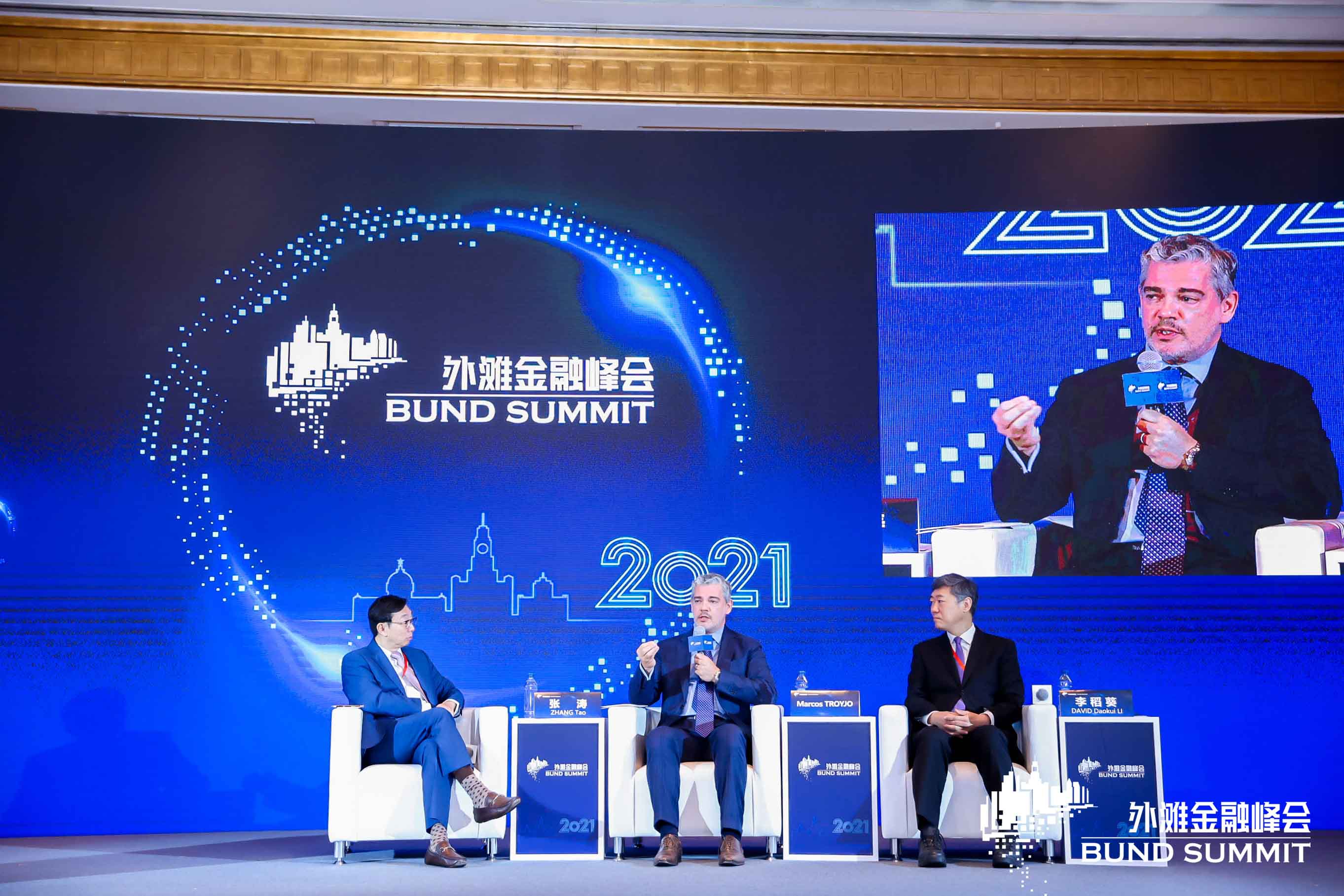

The FOMC has yet to come to any mathematical equation or formula to explain what “average inflation targeting” means. What the Fed thinks about is how to make sure that over time, the inflation averages 2%, and inflation expectations are anchored at 2%.
In a globally low interest rate environment, balance sheet policies are not emergency accommodation or “unconventional monetary policy.” Instead, it is part of the normal toolkit that supplements and complements. Balance sheet policies mainly work through the “stock effect,” but there is a great deal of uncertainty about the quantitative effects of asset purchases.
The Federal Reserve is looking at a lot of measures at the labor market, not only the headline numbers, to make sure it gets the full picture.
Housing prices are rising very rapidly in the USA. Part of it is the effect of COVID, with supplies limited by supply chain bottlenecks and labor supply issues, while the low interest rate environment also pushes up house prices.
As we come out of the COVID and people change their preferences back to the way they were, that poses risks to the macro economy, including the risk of an asset price correction, but the risks will be much less than before.

John WILLIAMS
President and CEO, Federal Reserve Bank of New York
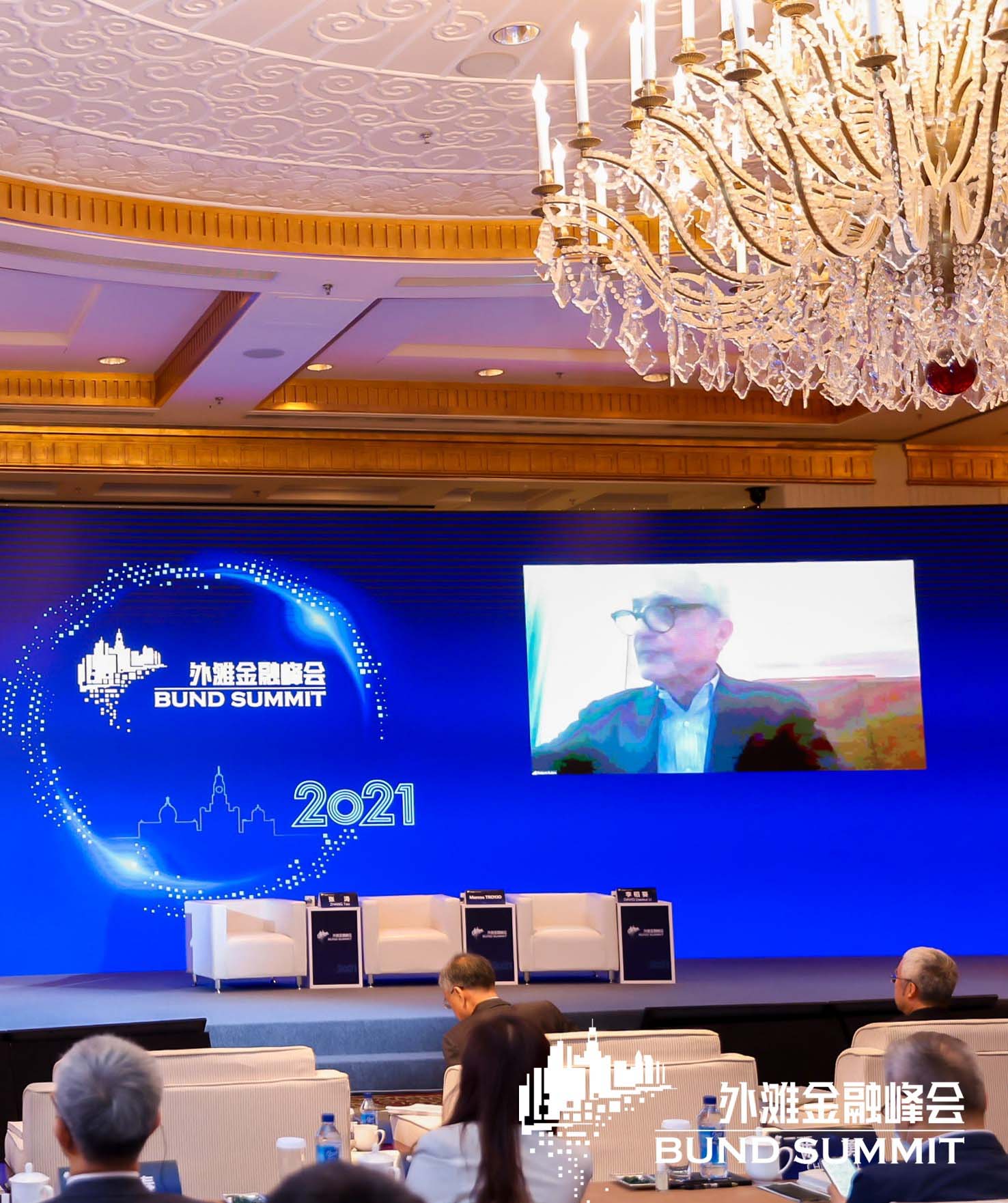

There's a lot of debate about whether or not there should be patent relief with respect to vaccines. The US government supported relief of patents. I don't agree with the US government, I think they're wrong. I don't think that's going to solve this problem. Production of these vaccines is very difficult. I think that the answer lies in developed countries recognizing their self-interest and making sure that the emerging market countries have adequate vaccine.
I think underlining everything that affects the emerging market world is the question of effective governance. What's going to determine success or failure is whether the countries have at least moderately effective government to meet their policy challenges, and one of the questions in the developed countries is what you can do to try to encourage or promote effective government?
And I think that probably a number of debtor countries were not as transparent as they could be with debt outstanding. And that feature prevents private sector and even sovereign creditors from being willing to reorganize or restructure, because they don't know what the total magnitudes are.

Robert RUBIN
Co-Chairman Emeritus, Council on Foreign Relations; The 70th Treasury Secretary of the United States

Now, the support from developed countries to developing countries for climate change, it has to be a major issue, but the 100 billion a year has not been raised.
Now multilateral development banks can play a very positive role in many ways to support the recovery of the economies in the emerging and developing world, but also in the other issue we have been talking about, which is climate change.
The Paris Club only finances debt with official creditors, but not with private creditors, which is the major problem today for several emerging and developing countries.
For the time being only, there is only a mechanism created by the G20 for low-income countries, but there is nothing for middle income countries. Therefore, there is a high the possibility that over-indebtedness will have a very negative effect on the economies.

José Antonio OCAMPO
Professor of Professional Practice in International and Public Affairs, School of International and Public Affairs, Columbia University


The BRICS themselves are bigger than the G7 measured in GDP PPP right now. But even if you take China out of the E7 column, and you take out the US out of the G7 column, the E6 is bigger than G6. So, there is another element of divergence here that we have to take into account, which is perhaps the gap between some emerging economies and others is actually wider than that of the emerging economies and the advanced economies, especially as far as the actual contribution to recovery is concerned.
I see more and more voices around the world today, urging for what some called precaution-ism, which could just be a disguised form of protectionism, which is going to bring the world further apart. This is something that we do not need. We have to find a road back to re-globalization, and multilateral development bank plays an important role there.

Marcos TROYJO
President, New Development Bank
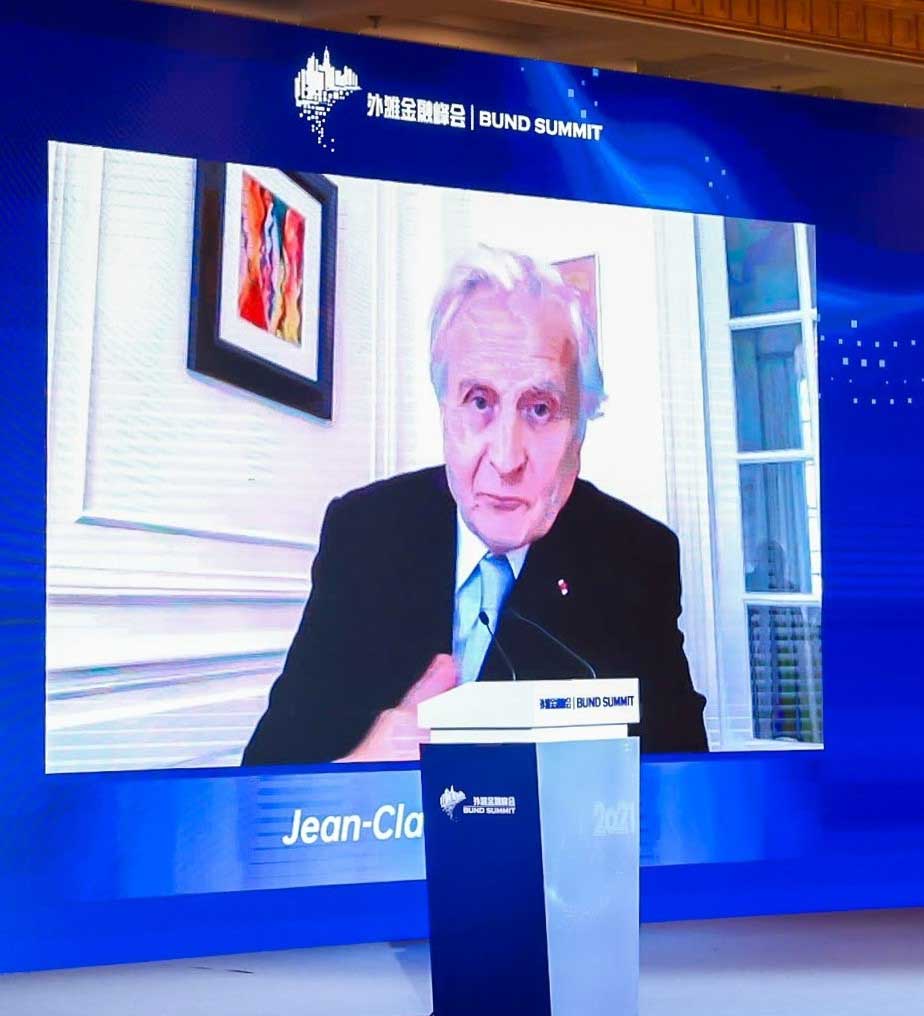

Before, you had the Dollar and I would say, a meager set of currencies, Yen, Deutsche Mark, Sterling, that were at a very low level in comparison. Overnight, the Euro became the undisputed world’s second currency, but I am expecting new major changes, full convertibility of the Renminbi, which is in the cards. It will change dramatically the system… In any case, we will have a fully multiple universes for the international monetary system.
We have SDR, which in my opinion will progressively, but perhaps more rapidly than we think, become a very, very important unit of reference in terms of currency, not as a unit of account. But I trust, also as a real currency, a unit of payment if necessary.

Jean-Claude TRICHET
Chairman, International Advisory Council, Bund Summit; Former President, the European Central Bank
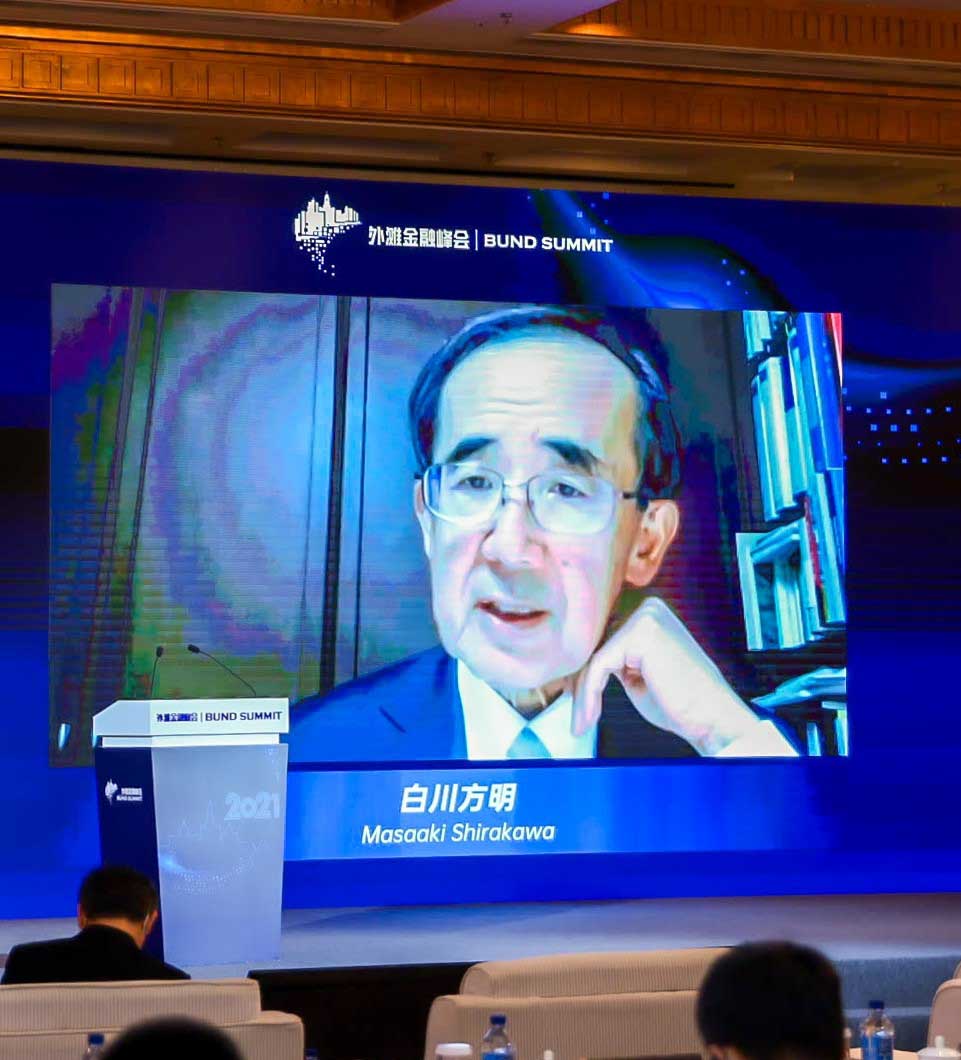

Even with flexible exchange rate system, it seems that it is the US monetary policy that importantly determines monetary policy stance in many countries. This situation is aggravated by the existence of zero lower bound of interest rate.
I am not saying inflation targeting was not useful. It used to be useful, at least for certain countries or for certain periods. The point is that since the economy and society are complex adaptive systems, even the rule that did fit well inevitably will lose its validity gradually…To me, the need for searching for a new monetary policy framework which fits well with the current situation is very clear.

Masaaki SHIRAKAWA
Former Governor, Bank of Japan
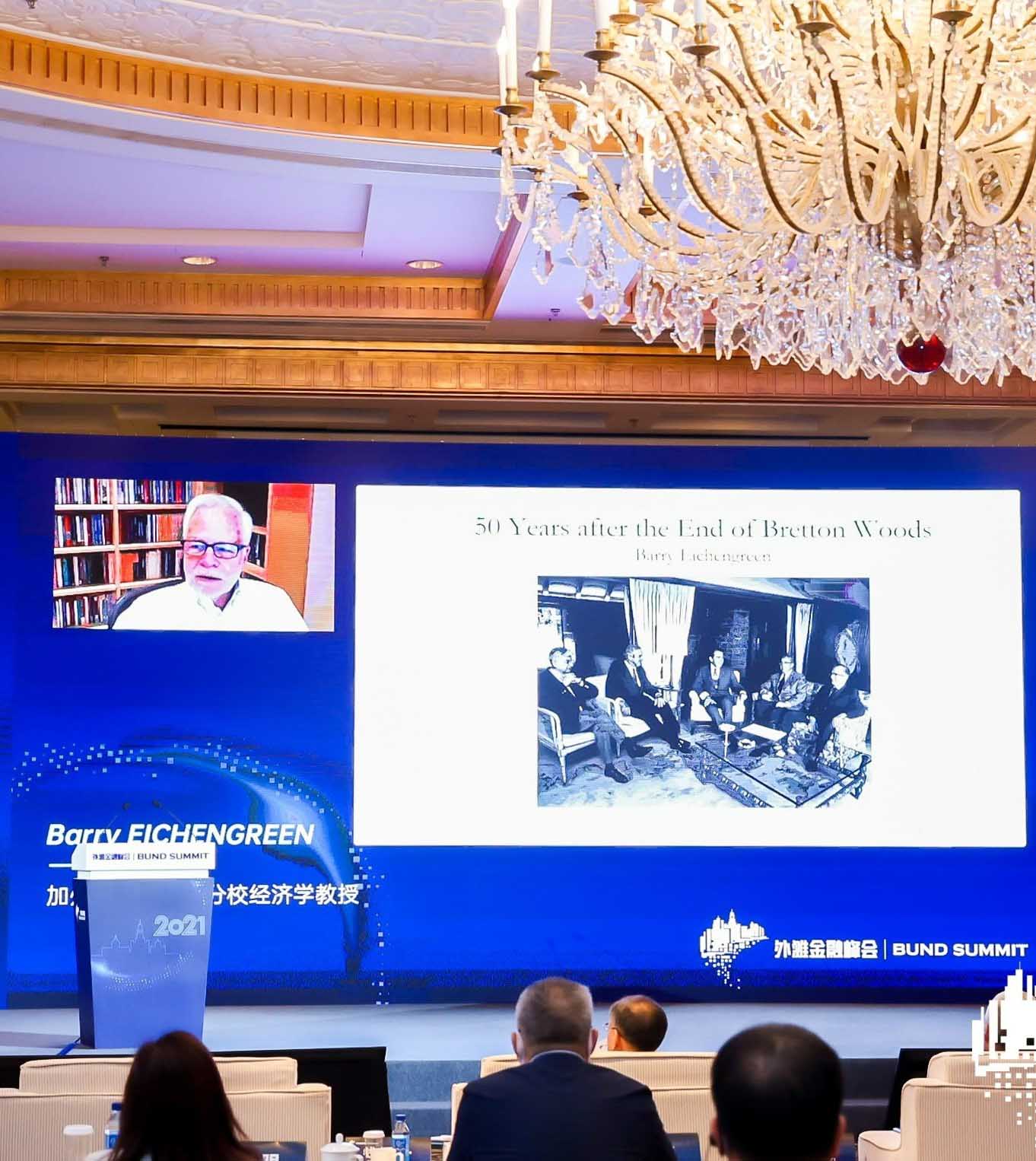

The collapse of Bretton Woods had unanticipated consequences. Number one, there is the so-called Mussa Puzzle, that with greater nominal exchange rate variability, we also had greater real exchange rate variability. Second was that the expected decline in the demand for international reserves did not materialize. Third was that the move to greater exchange rate flexibility was less than generally expected. Fourth was that the insulating properties of flexible exchange rates have turned out to be less than anticipated. Fifth is that the Triffin Dilemma did not disappear with the transition to exchange rate flexibility.
In the future, there is a tension between our increasingly multipolar world economy and our still disproportionately Dollar-dominated international monetary non-system. There is this fundamental problem of the 21st century Triffin Dilemma. There is the impression that the US is becoming a less reliable alliance partner.
All these considerations point us in the direction of the conclusion that the current Dollar-dominated international monetary system cannot continue to prevail in its present form forever.
The Dollar is not going to be toppled by the Euro or the Renminbi, but it will be swarmed by a large number of small currencies, and digital technology will accelerate that process.

Barry EICHENGREEN
Professor of Economics, University of California, Berkeley
Watch the highlights
